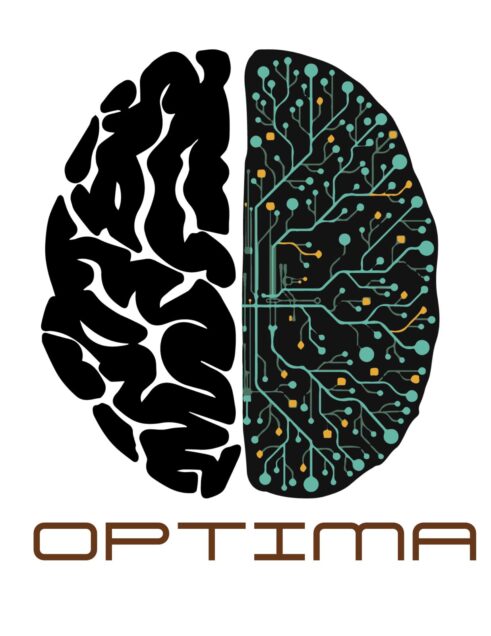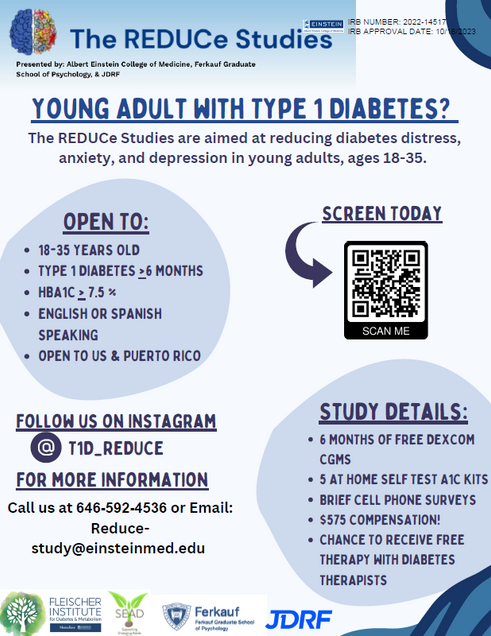CURRENT STUDIES
Centering Virtues and Positive Emotion Regulation in Digital Cognitive-Behavioral Therapy: An Effectiveness-Implementation Study
 Research shows that positive emotions can help protect against the effects of stress and support overall well-being. However, many people who struggle with anxiety or depression also report feeling less positive emotion in their daily lives. Most existing mental health treatments focus primarily on reducing distressing emotions (like fear or sadness) and do not directly help people strengthen positive emotions or build on their personal strengths or virtues. Learning how to notice, experience, and sustain positive emotions may be an important pathway to recovery and long-term well-being. Difficulties with positive emotions—such as trouble feeling joy or pride—can make symptoms harder to overcome and can get in the way of living a meaningful, fulfilling life. Despite this, positive emotion skills are often not directly addressed in therapy.
Research shows that positive emotions can help protect against the effects of stress and support overall well-being. However, many people who struggle with anxiety or depression also report feeling less positive emotion in their daily lives. Most existing mental health treatments focus primarily on reducing distressing emotions (like fear or sadness) and do not directly help people strengthen positive emotions or build on their personal strengths or virtues. Learning how to notice, experience, and sustain positive emotions may be an important pathway to recovery and long-term well-being. Difficulties with positive emotions—such as trouble feeling joy or pride—can make symptoms harder to overcome and can get in the way of living a meaningful, fulfilling life. Despite this, positive emotion skills are often not directly addressed in therapy.
The Unified Protocol Plus (iUP+) is a digital, skills-based therapy grounded in cognitive behavioral therapy (CBT) that aims to help people both manage difficult emotions and strengthen positive emotional experiences. In addition to teaching core emotion skills that apply across anxiety and depression, iUP+ places special emphasis on building personal strengths or virtues such as self-control, hope, and gratitude. These virtues support emotional balance, resilience, and healthier relationships.
In this study, funded by the John Templeton Foundation, we are working to further develop and refine the iUP+ program so that it more effectively helps people regulate positive emotions and cultivate these virtues. Because iUP+ targets skills that are common across many emotional difficulties, it can be used to support people with a wide range of concerns using a single, flexible approach.
We are conducting this research as a Hybrid Type 1 effectiveness–implementation trial at three primary care clinics in Dublin, Ireland. We will evaluate how effective the iUP+ is for patients while also studying how best to train providers and integrate the program into routine healthcare settings. By strengthening both emotional skills and personal strengths, this work aims to improve patient well-being and support more sustainable, accessible mental health care in real-world settings.
Find more information at: https://www.virtueandflourishing.com/
Using Machine Learning to Optimize User Engagement and Clinical Response to Digital Mental Health Interventions (OPTIMA)

Digital mental health treatments are a cost-effective and efficient approach to expanding the accessibility and impact of psychological treatments; however, little guidance exists for selecting the most effective program for a given individual. In the proposed study, we will examine the use of three digital mental health treatments and develop treatment recommendations that can be used to select a digital program that is most likely to be the optimal treatment for each user. About 1800 participants will take part in this research study led by researchers at Boston University. The results of this study are expected to improve the delivery of digital mental health treatments within large healthcare systems.
The research study aims to examine the overall effects and engagement patterns of several different digital mental health treatments and to determine whether it is possible to match people with the digital treatment they are most likely to benefit from. Researchers at Boston University (BU) are conducting this study in collaboration with Kaiser Permanente and SilverCloud Health researchers. Kaiser Permanente has given permission for the research team at BU to offer Kaiser members an opportunity to learn more about the study through the SilverCloud Health platform for this voluntary project.
Participants who take part in this research study will be in this research study for approximately three months. Participants will use a digital treatment and complete self-report questionnaires during this time. Participants in this study will receive one of three digital treatments administered through SilverCloud Health’s online platform. The digital version of The Unified Protocol, Space for Resilience, and Space from Depression on the SilverCloud Health Services by Amwell.
Participants will have access to a treatment program for 12 weeks and can work through it at their own pace. While completing the program, they will also receive feedback from a SilverCloud Health coach/ supporter. More specifically, they will receive weekly asynchronous written messages (called “reviews”) from the supporter based on their work within the program. Participants will also be able to ask the supporter questions about the program.
Find more information at: https://clinicaltrials.gov/study/NCT05567640?term=todd%20farchione&rank=4
Telemedicine-Delivered Unified Protocol for Cognitive Behavioral Therapy for Anxiety and Depression
 The efficacy of the Unified Protocol for Cognitive Behavioral Therapy (UP-CBT) combined with commercial FDA-approved Continuous Glucose Monitoring (CGM) will be tested in comparison to CGM only in a randomized controlled clinical trial. The central hypothesis is that the addition of the UP-CBT intervention will yield clinically significant improvements in anxiety and depressive symptom severity and glycemic control relative to CGM alone. We will recruit 94 adults (age 18-64) with suboptimally controlled type 1 diabetes and an anxiety or depressive disorder from a national population for an entirely virtual 12-month study over five years, with targeted recruitment of racial/ethnic minorities. In addition to standard measurement of hemoglobin A1c (HbA1c) for glycemic control and validated patient-reported outcome (PRO) surveys, the study integrates momentary psychological and behavioral data via smartphone-based ecological momentary assessment (EMA) with CGM data to assess day-to-day changes in affect, self-management, and glycemia over the course of the trial.
The efficacy of the Unified Protocol for Cognitive Behavioral Therapy (UP-CBT) combined with commercial FDA-approved Continuous Glucose Monitoring (CGM) will be tested in comparison to CGM only in a randomized controlled clinical trial. The central hypothesis is that the addition of the UP-CBT intervention will yield clinically significant improvements in anxiety and depressive symptom severity and glycemic control relative to CGM alone. We will recruit 94 adults (age 18-64) with suboptimally controlled type 1 diabetes and an anxiety or depressive disorder from a national population for an entirely virtual 12-month study over five years, with targeted recruitment of racial/ethnic minorities. In addition to standard measurement of hemoglobin A1c (HbA1c) for glycemic control and validated patient-reported outcome (PRO) surveys, the study integrates momentary psychological and behavioral data via smartphone-based ecological momentary assessment (EMA) with CGM data to assess day-to-day changes in affect, self-management, and glycemia over the course of the trial.
Qualitative information will be collected from people with Type 1 Diabetes (T1D) ages 35-64 to solicit suggestions and inform future study decisions. We will create 2-4 focus groups to ask their impressions about our current study and to explore key factors like establishing adult care and attending medical appointments, disease self-management, and adjusting to chronic disease. We will compare interview responses from participant groups who have high vs. low social needs and poor vs. good glycemic control.
Find more information at: https://clinicaltrials.gov/study/NCT05734313